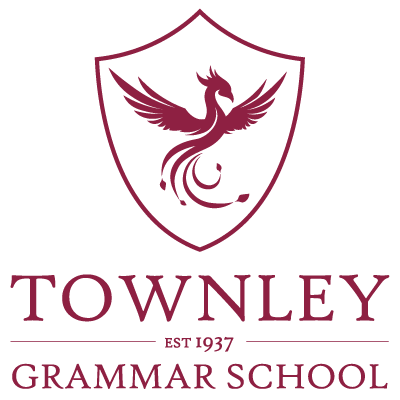Latin
Students who choose to pursue GCSE Latin will have the opportunity to enhance their understanding of the Latin language and the society, values and literature of the ancient Romans.
You will continue to develop your skill in Latin translation, broadening your understanding of increasingly complex grammar and vocabulary so that you can translate genuine ancient Roman texts into English and appreciate them for their beauty and cultural significance. The GCSE also includes a civilisation component, which gives you the chance to study the myths and beliefs of the ancient Romans, as well as the lives of the Romans in Britain.
Course Progression
Related Careers
“… we know that those who have studied the ancient languages are never, in fact, short of job-offers. A top asset-manager recently told me that his firm always employed classicists: they sold more. If Richard Dawkins is right, that is because ‘what Classics has always done is just teach people how to think."
Dr Peter Jones
As this quote suggests, a GCSE in Latin has the potential to open many doors for you in the working world. Latin improves your ability to communicate, to solve problems and to think critically. Common career paths include: law, medicine, journalism, civil service, museum/gallery curation, teaching, marketing and accountancy.



